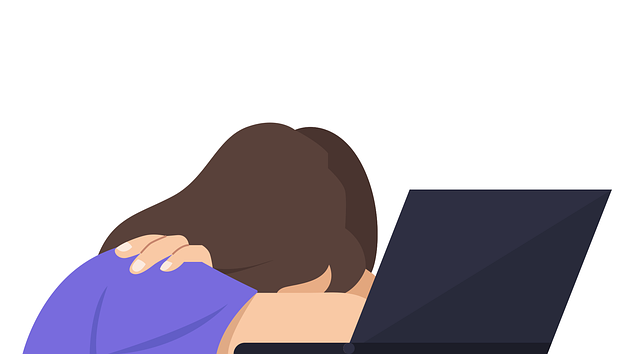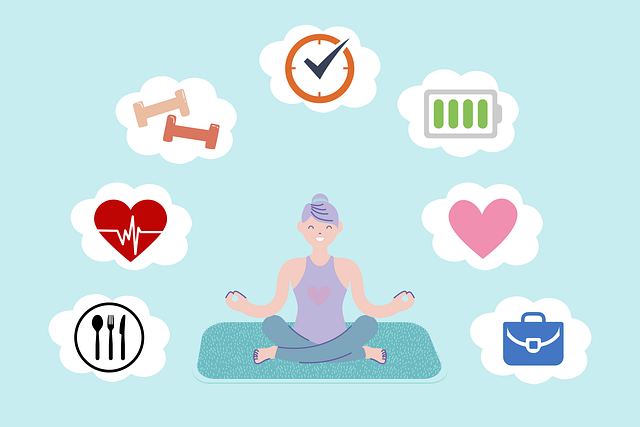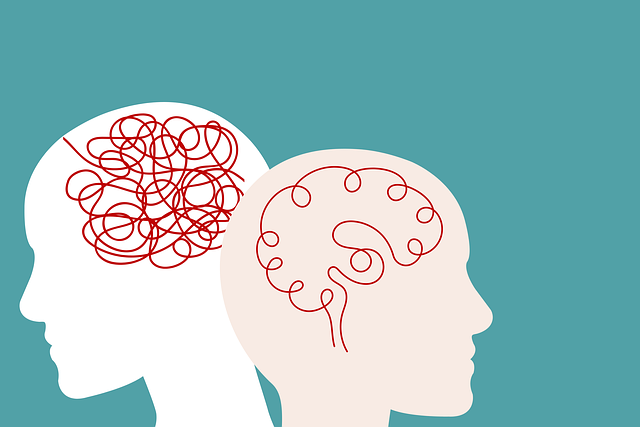Lafayette Crisis Counseling Therapy (LCT) addresses the global mental health crisis by offering accessible, evidence-based self-assessment tools that bridge the gap between individuals and professional support. Their innovative approach combines strategic tool development with expert consultation, pilot testing, and integrated interventions to empower users in understanding and managing their emotional well-being. This holistic method not only enhances mental health outcomes but also fosters resilience within healthcare professionals through real-world case studies, contributing to a culture of burnout prevention.
Mental wellness self-assessment tools play a pivotal role in promoting individual well-being and early intervention. As awareness of mental health grows, so does the demand for accessible resources. This article explores the development of such tools, highlighting the importance of self-evaluation in identifying and managing mental health concerns. We provide a comprehensive guide to creating effective assessments, including strategies like the Lafayette Crisis Counseling Therapy approach, which offers a structured yet adaptable framework for comprehensive mental wellness evaluations.
- Understanding the Need for Self-Assessment Tools in Mental Health
- Developing Effective Mental Wellness Self-Assessment Tools: A Step-by-Step Guide
- Integrating Lafayette Crisis Counseling Therapy into Self-Assessment Frameworks
Understanding the Need for Self-Assessment Tools in Mental Health

In today’s fast-paced world, mental wellness is as vital as physical health, and recognizing this need has sparked a growing interest in accessible self-assessment tools. Tools like those offered by Lafayette Crisis Counseling Therapy play a crucial role in empowering individuals to take charge of their mental well-being. Many people struggle with symptoms of anxiety, depression, or other common mental health issues without seeking professional help due to various barriers such as stigma, cost, or lack of awareness about available resources. Self-assessment tools bridge this gap by providing an initial point of entry for individuals to evaluate their mental wellness and identify areas where they might require support.
These tools offer a private and convenient way to gauge one’s emotional state, stress levels, and resilience building capabilities. By utilizing evidence-based questionnaires and assessments, users can gain valuable insights into their mental health status and learn effective stress reduction methods. Lafayette Crisis Counseling Therapy’s self-assessment tools are designed to be user-friendly, ensuring that anyone, regardless of background or expertise, can access and understand their mental wellness landscape, taking the first step towards fostering positive change and enhancing overall well-being.
Developing Effective Mental Wellness Self-Assessment Tools: A Step-by-Step Guide

Developing effective mental wellness self-assessment tools is a multifaceted process that requires careful consideration and strategic planning. The first step involves identifying the specific areas of mental health to be assessed, such as stress management, emotional intelligence, or symptoms of common mental disorders. This stage includes conducting thorough research and consulting with mental health professionals to ensure coverage of relevant aspects. Once the scope is defined, create comprehensive questionnaires or surveys that use clear, non-technical language to capture individuals’ experiences and perceptions accurately.
The next crucial step is piloting the self-assessment tools within a controlled environment, often involving a community outreach program implementation. This allows for adjustments based on real-world feedback from potential users. Incorporating features like anonymity can enhance participation rates and encourage honest responses. Additionally, integrating stress management techniques or emotional intelligence modules into the assessment can provide valuable insights and guide personalized interventions offered by Lafayette Crisis Counseling Therapy.
Integrating Lafayette Crisis Counseling Therapy into Self-Assessment Frameworks

Integrating Lafayette Crisis Counseling Therapy (LCCT) into self-assessment frameworks offers a unique and comprehensive approach to mental wellness. LCCT, designed to provide immediate support during crises, can be adapted to create structured assessments that help individuals gain insights into their emotional states. By combining crisis intervention techniques with self-reflection tools, healthcare providers can facilitate a deeper understanding of burnout prevention strategies for themselves and their patients. This dual focus empowers individuals to not only manage acute mental health episodes but also proactively address depression prevention through regular self-assessments.
Furthermore, the integration enhances Mental Health Education Programs Design by providing real-world examples and case studies from LCCT sessions. These can be leveraged to teach healthcare professionals how to identify early warning signs of distress in both themselves and their patients. Such an approach not only contributes to improved mental health outcomes but also fosters a culture of resilience within the healthcare sector, where burnout is a significant concern.
Mental wellness self-assessment tools play a pivotal role in promoting individual awareness and fostering proactive mental health management. By integrating evidence-based practices like Lafayette Crisis Counseling Therapy, these tools can provide valuable insights and support for those seeking to improve their mental well-being. Through a structured, step-by-step development process, it is possible to create effective frameworks that encourage self-reflection and guide individuals towards healthier lives. This approach not only empowers folks but also contributes to a more resilient and supportive community overall.













